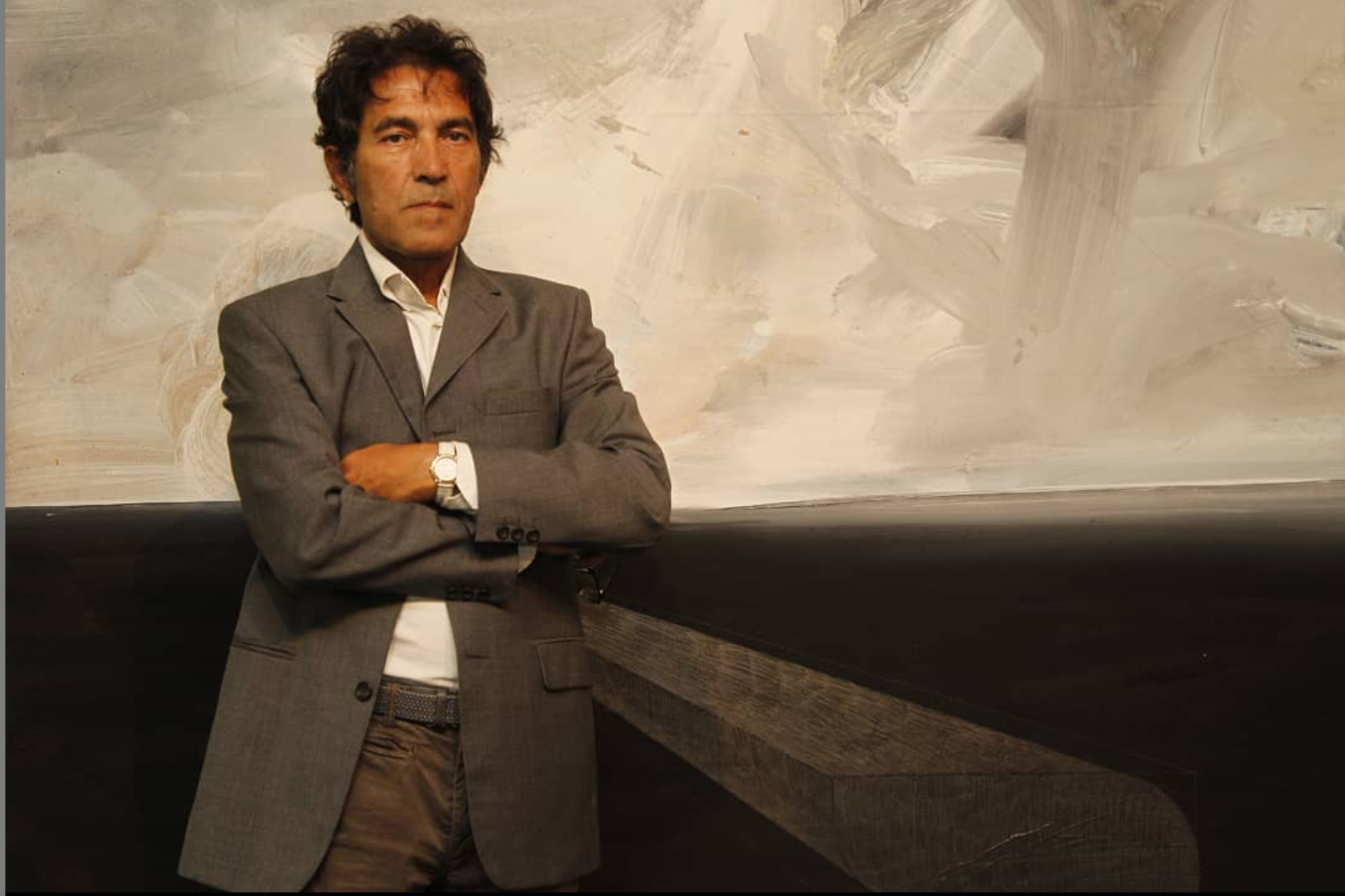"Dissecting" - I prefer "analysis" - can be done for any system or component.
I know and appreciate exactly what you guys are saying. And as I've written here and published elsewhere, I love gear that does not call attention to itself. But with a certain frame of mind one can dissociate from musical enjoyment (break the gestalt) and listen to the sonics - the characteristics of the sound itself. Doing so does not require someone's audio glossary. At a less than nuanced level all you need is Tonality, Dynamics and Timing - the elements of a score. Musicians love music, especially of their own genre - but they also listen to sound - it is a way they evaluate what they do. Music listeners - audiophiles - can do this too wrt components and systems. The keys, imo, are to be intentional and recognize your own priorities and biases.
Quod erat demonstrandum



